BSC Alum Works to Provide Representation for America’s Most Vulnerable
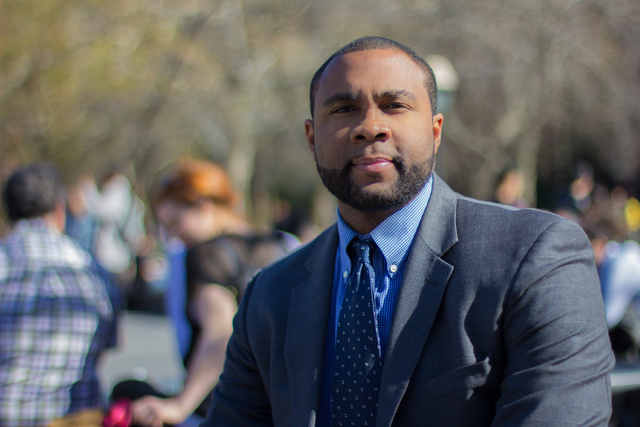
As a student at BSC, Evan Milligan ’03 was surrounded by fellow students wrestling with big questions about life and their futures. “’Who am I? How is my vocation going to have a purpose?’” his peers asked himselves.
“They displayed integrity in the way they challenged themselves to be more compassionate, more creative,” Milligan said. “That environment was really helpful. When you’re surrounded by people like that, iron sharpens iron.”
Milligan has taken his own experience at BSC – including a semester spent with the School for International Training in Durban, South Africa – and channeled it into a career providing legal representation for members of America’s marginalized communities.
Milligan is a law fellow with the Equal Justice Initiative (EJI), a Montgomery-based non-profit organization that provides legal representation to prisoners who may have been wrongly convicted of crimes, poor prisoners without effective representation, and others who may have been denied a fair trial. EJI says it is “committed to ending mass incarceration and excessive punishment in the United States, to challenging racial and economic injustice, and to protecting basic human rights for the most vulnerable in American society.”
The organization made national news this spring when it opened two cultural spaces, the Legacy Museum: From Enslavement to Mass Incarceration, and the National Memorial for Peace and Justice, the first comprehensive memorial dedicated to more than 4,400 victims of lynchings. The spaces are “dedicated to advancing a more truthful understanding of our nation’s history of racial and economic injustice and inequality and its implications for today;” the New York Times said of the memorial, “There is nothing like it in the country.”
A group of BSC students, faculty, and staff visited the museum and memorial just days after the opening.
“These spaces will help guests understand the connection between different layers of history,” Milligan said. “Those themes are directly tied to my trip to South Africa as a student at BSC. It’s always an experience I call upon in terms of relating to people.”
After graduating from BSC with a BA in religion, Milligan became a community organizer and EJI Justice Fellow. He left to attend the New York University School of Law, where he participated in the Criminal Defense and Reentry Clinic and EJI’s Equal Justice and Defender Clinic. He also interned for the Legal Aid Society and Bronx Defenders. He returned to EJI in 2016 after earning his JD.
During his adolescence, Milligan’s parents often talked about the continent of Africa and the struggle to end apartheid, the system of racial segregation that persisted in South Africa into the 1990s. When Milligan was in middle school, Nelson Mandela was released from prison, and his mother made sure he watched the news so he could see Mandela walking through the streets a free man. To this day, a ballot from the first democratic election in South Africa, held in 1994, is framed in the Milligans’ home, gifted by a friend who was stationed in the Peace Corps there.
So when Milligan heard Anne Ledvina, associate director of BSC’s Ellie and Herb Sklenar Center for International Programs talk about international travel programs, he knew where he wanted to go.
“Anne encouraged me and was diligent about making sure I wasn’t too concerned about the cost barrier; she made sure I knew there was funding I could apply for,” he said.
Milligan said his experience in South Africa was like “throwing a very cold pail of water on any sort of neat summary I had about people in other parts of the world.”
“When we read about people, there’s an abstraction where people become ideas, they become pictures,” he said. “When you’re interacting with a person and they push back on certain notions, now that person is flesh and blood.”
Milligan said he witnessed people’s desire to be happy, to dance, and to celebrate, while also thinking about how to help their families heal or survive in the midst of a civil war.
“Being able to hear people talk and watch people navigate survival, that was something that has forever altered how I see the world,” he said. “It’s always an experience I call upon in terms of relating to people to this day.”
Milligan said his study abroad experience also taught him a lot about nonverbal cues. When there is a language barrier, he explained, so much of what we do is communicated through movement.
“We can reassure someone by how we hold our hands or our shoulders or our eyes,” he said. “Developing that cross-cultural understanding has helped a lot in life when I’ve done organizing work and when I’ve met with clients who are incarcerated.”
“That trip helped expose me to those life lessons.”
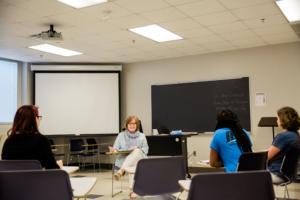


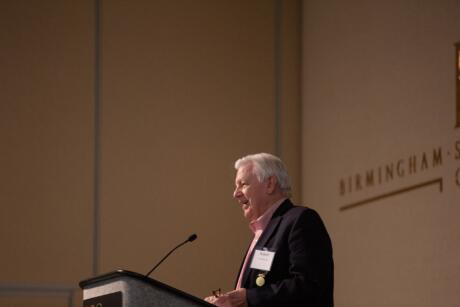
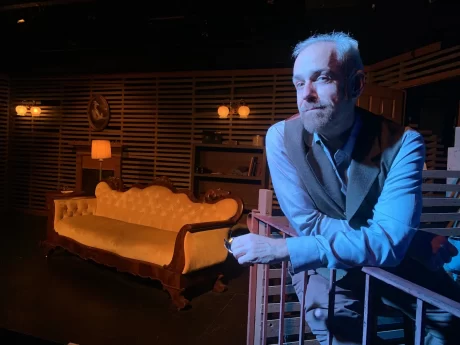
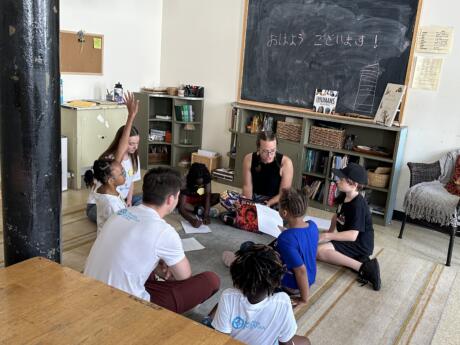
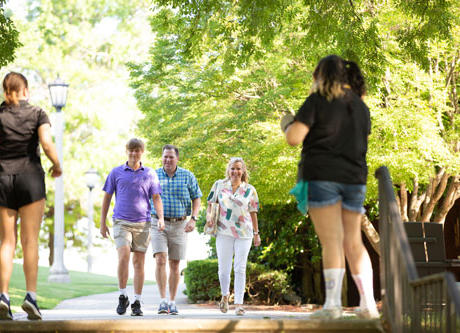
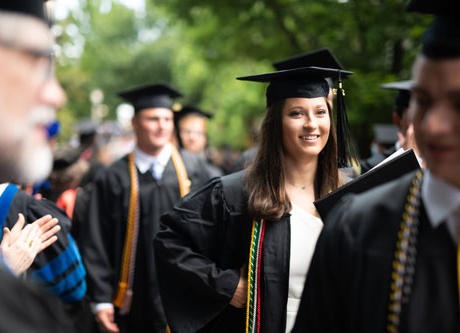


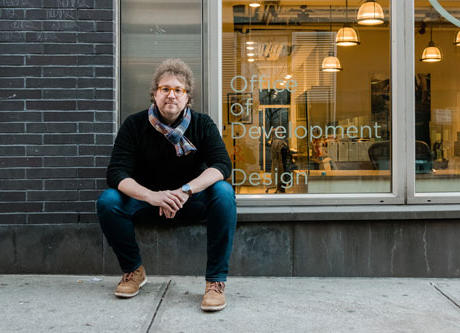
// Comments are closed //